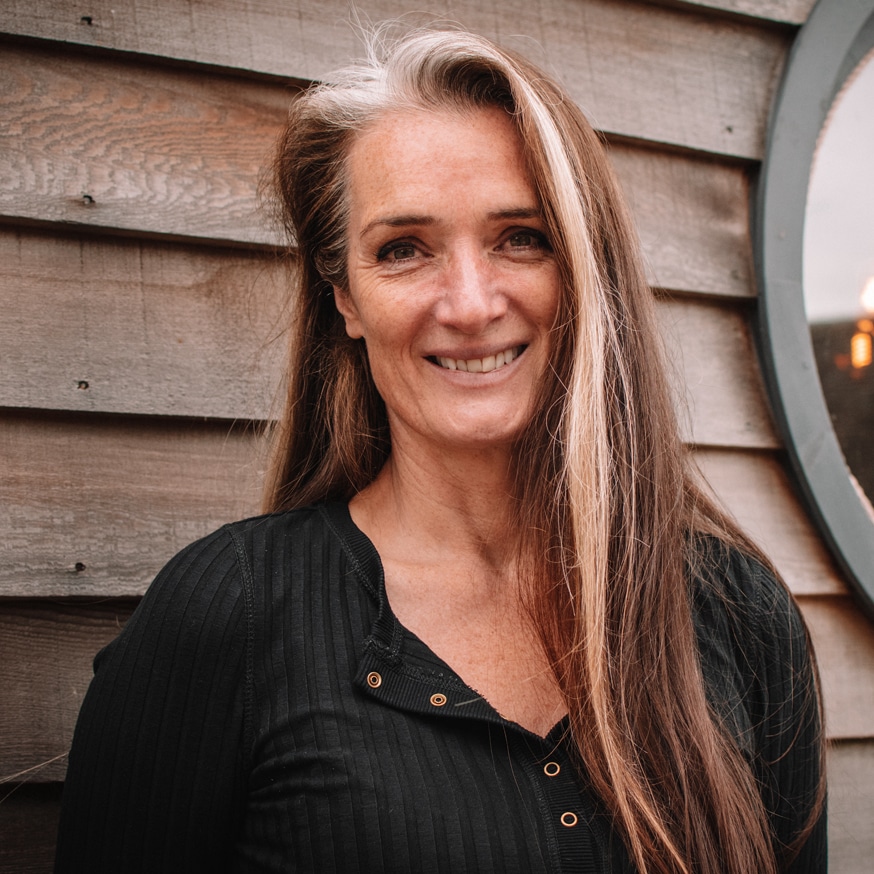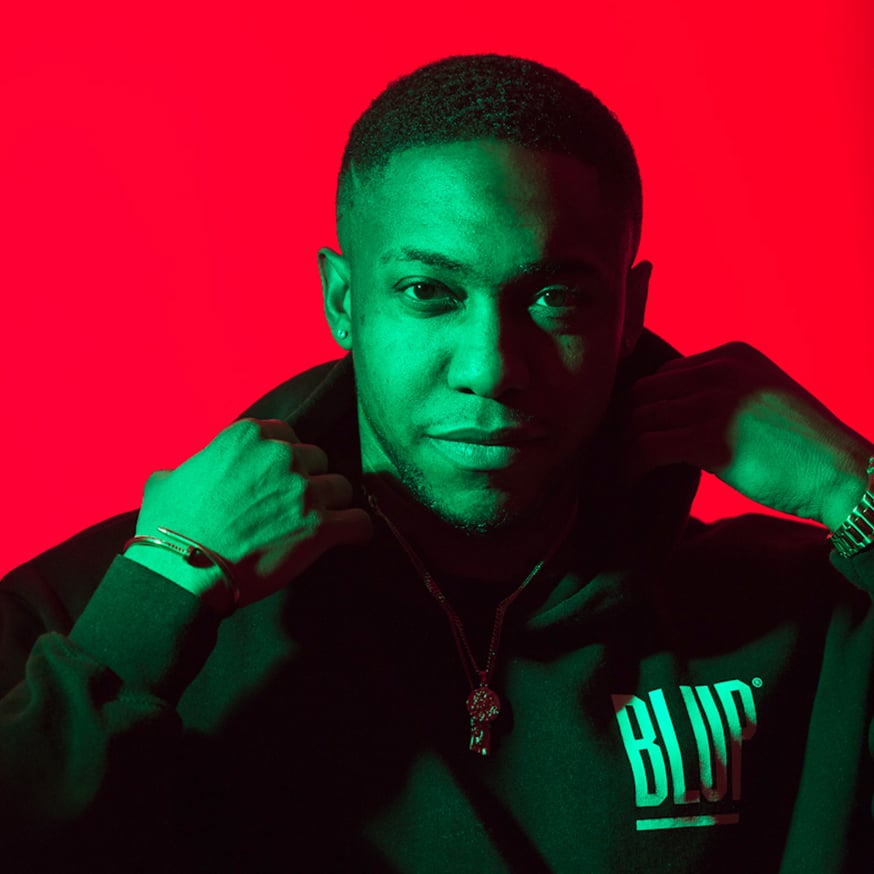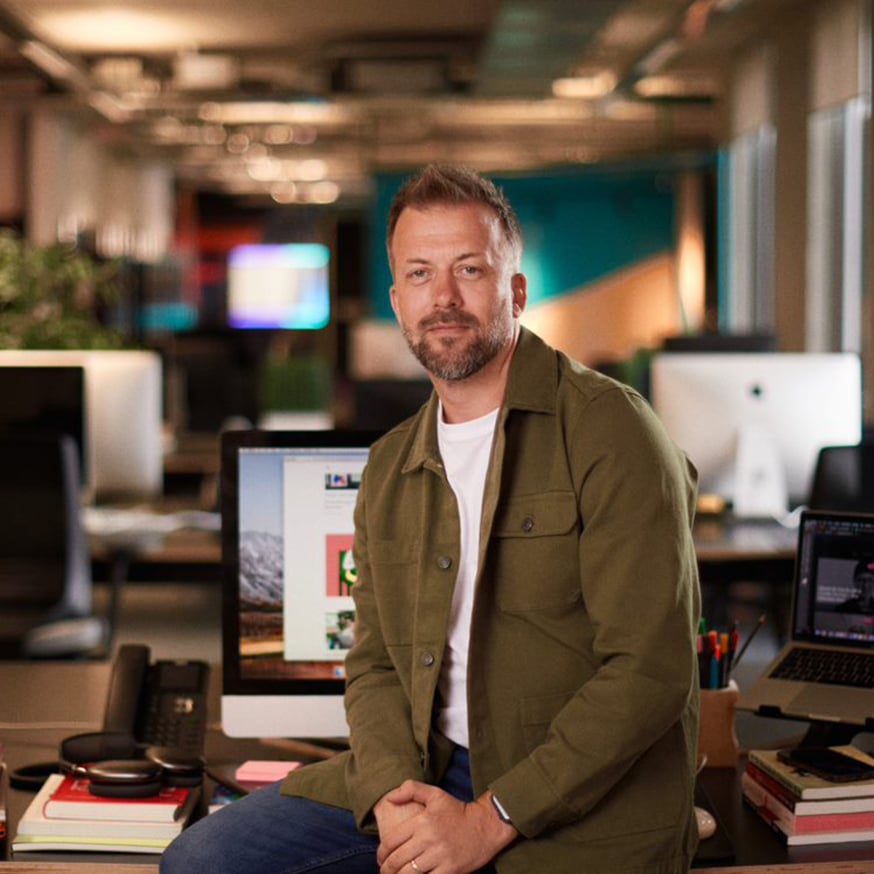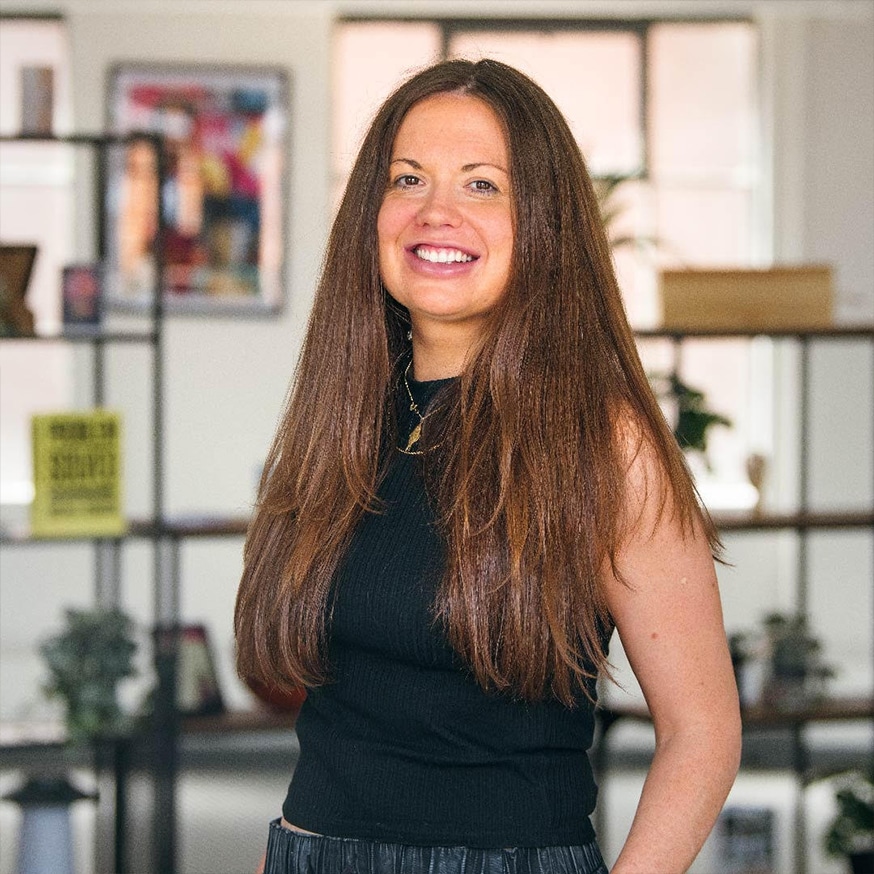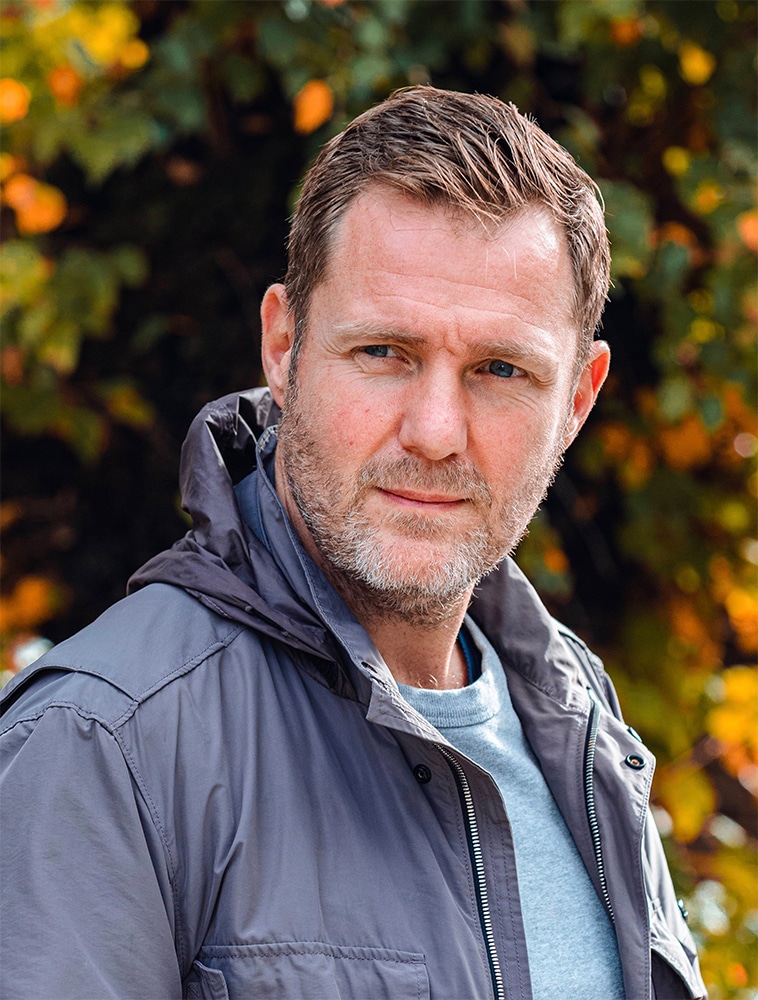
Work on the business, not in the business
"The only thing I'd add to this advice is that you can do both. Working on the business doesn't require as much time as working in the business."
Simon Squibb | Founder | The Purposeful Project
Questions:
> How would you explain what “work on the business, not in the business” means?
> What do you think about this ‘advice’?
> Would you give this advice to other people?
> If not, what alternative advice would you give to agency leaders?
> What was Simon Squibb's end goal at the beginning of building his business and how has it changed since?
How would you explain what “work on the business, not in the business” means?
The overarching feeling I always have about any business, including the agency business - which I spent 15 years in, building up my agency before selling it to Pricewaterhouse Cooper - is you need to love it. You need to enjoy it. You need to like whatever element in the agency you're working on.
For me it was helping clients solve problems, helping clients do well and helping companies do well. I enjoyed pitching and I enjoyed the idea creation. Whatever you like doing, you've got to make sure you are doing it.
Coming back to working on the business, not in the business. Of course this is an interesting saying. Instead of being involved in the day to day of finding clients, looking after clients and making sure the team is motivated. These are all things were you work “in the business” - the day to day stuff.
Working on the business is when you’re working on the strategy. I used to always enjoy two weeks, semi-holiday / retreats with the core management team. Doing nothing else but thinking about the future of the business and what we should be doing. We always came out the other end excited and motivated - ready to go again!
Having a goal and having an alignment to what the market needs makes the business more successful. For example, when we first started out, we were selling websites and that was good in 2002. But each year we slightly tweaked the service. Luckily we did because if we’d just been selling websites at some point we would've fallen off a cliff.
Because website builders came along and people were able to do these things without a large company behind the person making a website.
What do you think about this ‘advice’?
I think it is good advice.
The only thing I'd say about this advice is that you can do both. Working on the business doesn't require as much time as working in the business.
That being said, I really enjoyed each stage of building Fluid. One of the stages I really began to appreciate in the business more than ever was when I replaced myself as CEO about 11 years into the company. I became the chairman and almost most of my time was spent working on the business. It didn't take up enough of my time though. And I ended up starting another business called Next to occupy the gaps. But it was nice to have that time to work on the business. I would coordinate with the CEO on the ideas and thoughts I had. Then the person and the team working in the business could act on those ideas. That helped us massively accelerate the rate at which we tweaked key parts of the business throughout the year.
The other thing to point out is that if you’re a small business you probably have to do both. Constantly reminding yourself to think about the long term and not just the day to day.
Would you give this advice to other people?
Yes. Sometimes working on the business is important. Sometimes you just have to get on executing. You have to build your reputation and motivate your team.
But it does pay to sometimes stop for every lunchtime for a week, a half-day, a day or even a whole week to work on the business.
If not, what alternative advice would you give to agency leaders?
An agency is all about people. A good agency is basically a collection of talented people who produce good work. You can recruit the brightest and most creative minds into your business but without a good culture you will not build a company that becomes more than the sum of its parts. It will have debilitating staff and client churn and will not build to be a value in your company. So, whatever way you do it, my advice is to focus on the people and commercial success will follow.
What was Simon Squibb's end goal at the beginning of building his business and how has it changed since?
At the beginning of my business I didn't really have an end goal in mind. I initially found a really talented creator called Helen Griffiss. She was undercharging and I'm a sales and marketing person. So I thought: “Why don't we team up? I give good sales and marketing advice to people and you do amazing creative. I think we can do fluid design and marketing and no one's doing the two together: Design and marketing.”
Initially there was no end goal. We didn't expect to ever sell the business to Pricewaterhouse Cooper. That was never the plan. I just wanted to offer this combined service to people. Because I thought it would be great and I thought Helen was a brilliant creative that was undercharging because she didn't like dealing with clients and she didn't like talking about money.
We ended up a brilliant team and then as the business evolved we figured out our niche, which at the time was digital. Especially our ability to help clients figure out what their brand looked like online.
As the time went on the business changed only in the sense of what service we offered and how we sold that service. It was about eight years in when I started to feel a little bit tired of the business. It was probably at that point, when I started to think about an end goal. The end goal for me at that moment was bringing in a senior management team to take over my role.
We started dissecting what responsibilities I had, e.g. sales and marketing, being the company figurehead, marketing strategy. All the things that I was doing as an individual were now becoming a bottleneck in the business, because it was all coming back to me.
So my end goal was not to sell the company. My end goal at that point was to bring in a management team to replace me. And that's what I did. To some of the senior management I pitched the idea that one day we could sell the business.
I never imagined that Pricewaterhouse Cooper would buy our business. But I thought if we continued to build the business, as we have been doing. Build an amazing brand, someone would probably want to buy us. So at that point we built the business just to be bigger, better, stronger with a strong management team and ethos. With a twinkle in the eye that maybe someone would buy it one day.
Sometimes there’s a little luck involved. We partnered up with PWC on a project and fell in love with each other. It’s only then when the purchase happened.
It’s more important not to have the end goal to sell the business. I think it's important to build a business you enjoy, build a model that works and then if a buyer comes along then so be it. In some respects sometimes I miss my agency and wish I hadn't sold it.
There’s good and bad things about selling your company. But in the end I am glad of my business history, but I never built any business to sell it. I built it to make it something I enjoyed. And when I didn't enjoy building something that I could turn it into something I would enjoy. Having management come in and run Fluid meant I enjoyed it again.
I wasn't tied into the business in the same way and it wasn't at risk cause it was just reliant on me. I’m also glad that I went through these different stages because I experienced a small company, a medium company and a big company under my management. Experienced a company that was managed by someone else and I was the chairman for.
I experienced lots of different stages and I enjoyed that experience. It's led me to having a stronger ability in the job I do today.
Humble promo of Simon Squibb and The Purposeful Project
Simon Squibb is on an incredible mission to provide solutions to where the system is consistently failing people - especially when it comes to teaching people to build their own businesses. Simon recognised early on in his life that given the circumstances he found himself in, he didn't have many options apart from being self-employed. Luckily in Simon's case there is a happy ending to his story - he successfully sold his business. But unfortunately so many people are left to believe they don't have the means required to start a business. Simon is proving people wrong everyday and is providing a stepping stone for 1000s of people to start their own business. Inspiring! Definitely follow him on socials.
Cheeeeersss!
Daniel
Explore other perspectives
Suzanne Linton
Co-founder @ Freestyle
"It is important to work out what you really want from your business"
Dines
Co-founder @ Studio Blup
"I realised when I was working in the business we weren't evolving it as much"
Andrew Dobbie
Founder @ Yoyo Design
"It’s a great piece of advice, but it’s probably one of the hardest things to do as a business owner"
Clair Heaviside
Co-founder @ Serotonin
"If you don’t follow it, your business won’t move forwards"

The Rabbit Hole: Exploding Topics
This retailer has grown interest by 9,600%.
This ecommerce platform has skyrocketed 99x since 2016.
This gives protection to cars from scratches and has grown interest by 1,200%.
This serum apparently stops wrinkles and has had a whopping 9,500% interest increase.
I always love dabbling around Exploding Topics, it’s a fun place to find trends.
Ready to jump down the rabbit hole?

Blindspot: Are you too nice?
No seriously, is being too nice holding you back from taking your agency to the next level?
Read more


